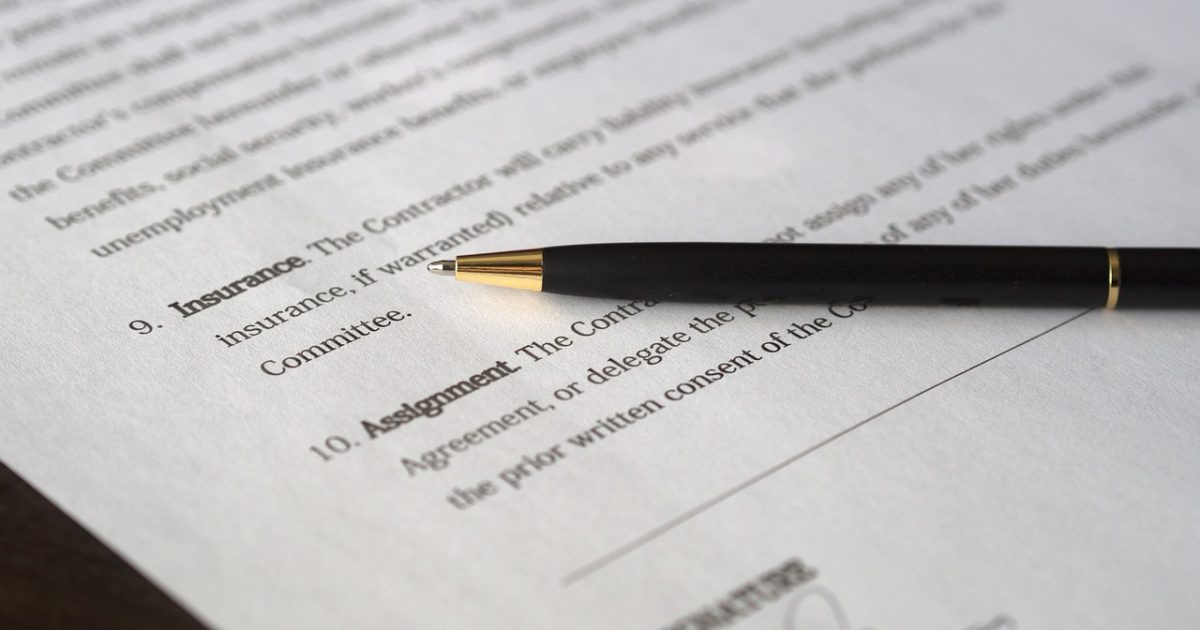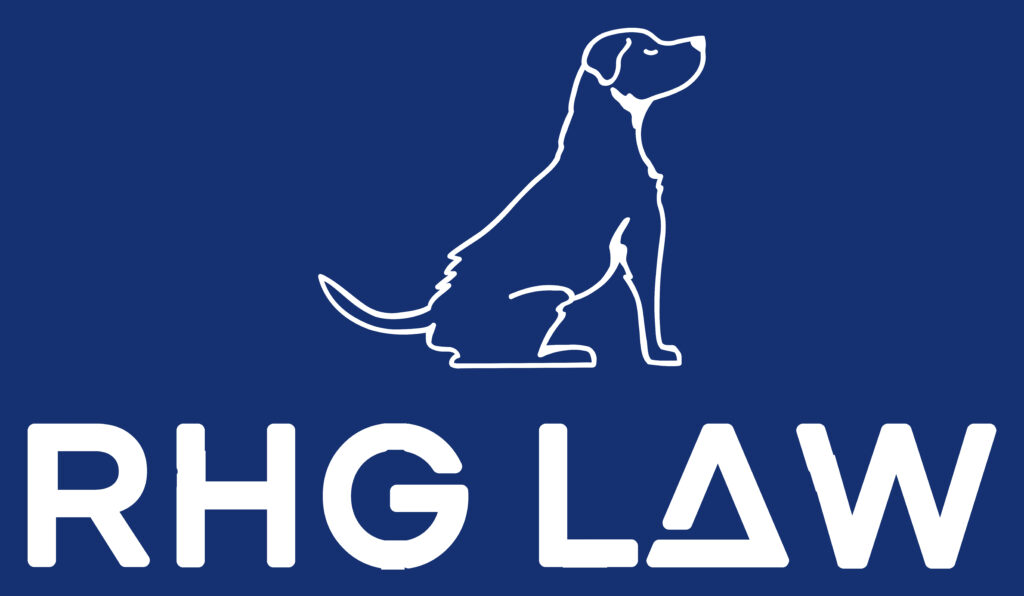
Understanding Home Repair Contracts: Protecting Yourself as a New Jersey Homeowner
As a homeowner in New Jersey, investing in home improvements or repairs can enhance your property and increase its value. However, it’s crucial to navigate this process with caution. The New Jersey Consumer Fraud Act and the Home Improvement Practices Regulations are two New Jersey statutes that provide essential protections for consumers like you. Understanding these regulations can help ensure that your home improvement contracts are fair and transparent.
Essential Elements of a Home Repair Contract
Under the Home Improvement Practices Regulations, certain information must be included in every home improvement contract. If this information is not in the contract, your contractor has violated the New Jersey Consumer Fraud Act. Below is a non-exhaustive list of things that are required to be in the written agreement between you and your home improvement contractor:
- Contractor Information: The name, address, phone number, and license number of the contractor must be clearly stated.
- Scope of Work: A detailed description of the work to be performed, including materials to be used and specific tasks to be completed.
- Total Cost: The contract must outline the total price for the project, including any taxes or additional fees.
- Payment Schedule: Clear terms regarding when payments are due, whether it’s a deposit, progress payments, or final payment upon completion.
- Start and Completion Dates: The expected start date and estimated completion date should be included to set clear timelines.
- Right to Cancel: Information on your right to cancel the contract, including any time frames, must be provided.
This is not a comprehensive list. There are several additional things which must be included in every home improvement contract for more than $500.00. This is particularly significant because such violations not only undermine consumer protections but can also lead to severe legal repercussions for the contractor.
Penalties for Violating the Consumer Fraud Act
If a contractor fails to meet the standards set forth in the Home Improvement Practices Regulations, they are committing a per se violation of the NJCFA. This means you, as a homeowner, have the right to take legal action, and have a right to have your attorney’s fees paid by the contractor.
According to the NJCFA, if you suffer any ascertainable loss of money or property due to the contractor’s unlawful practices, you can bring a claim in court. If a violation occurred, not only would you be entitled to recover the actual damages you incurred, but you will also be awarded triple damages (threefold the amount of your losses), along with reasonable attorney fees and court costs (N.J.S.A. 56:8-19). This significant provision ensures that consumers have a strong incentive to pursue claims against unscrupulous contractors.
Misrepresentations Matter, Intent Does Not
It’s essential to note that misrepresentations—whether affirmative acts or knowing omissions—can also trigger liability under the NJCFA. For example, if a contractor falsely claims they will use only high-quality materials but substitutes inferior options without informing you, this could be deemed a misrepresentation. Under case law, the absence of intent to deceive does not absolve the contractor from responsibility; they can still be held liable for any misleading practices. In other words, they will be held liable if they misrepresent something to you, whether they actually meant to deceive you or not. Even if it was an honest mistake, they will still be held liable for three times your damages.
Intent Does Matter for Omissions
However, if the contractor merely omitted telling you something that is material to the project, intent is necessary for them to be held liable. In other words, if they forgot to tell you something that materially affects your decision to purchase their services, they will not be held liable unless you can show that they intentionally omitted the information.
Conclusion
For more information on home improvement contracts or to discuss your rights under the NJ Consumer Fraud Act, feel free to contact our law firm. We’re here to help you navigate these complexities and ensure your home improvement experience is a positive one. We offer free consultations to New Jersey homeowners who feel they have been defrauded or taken advantage of by home improvement contractors.

